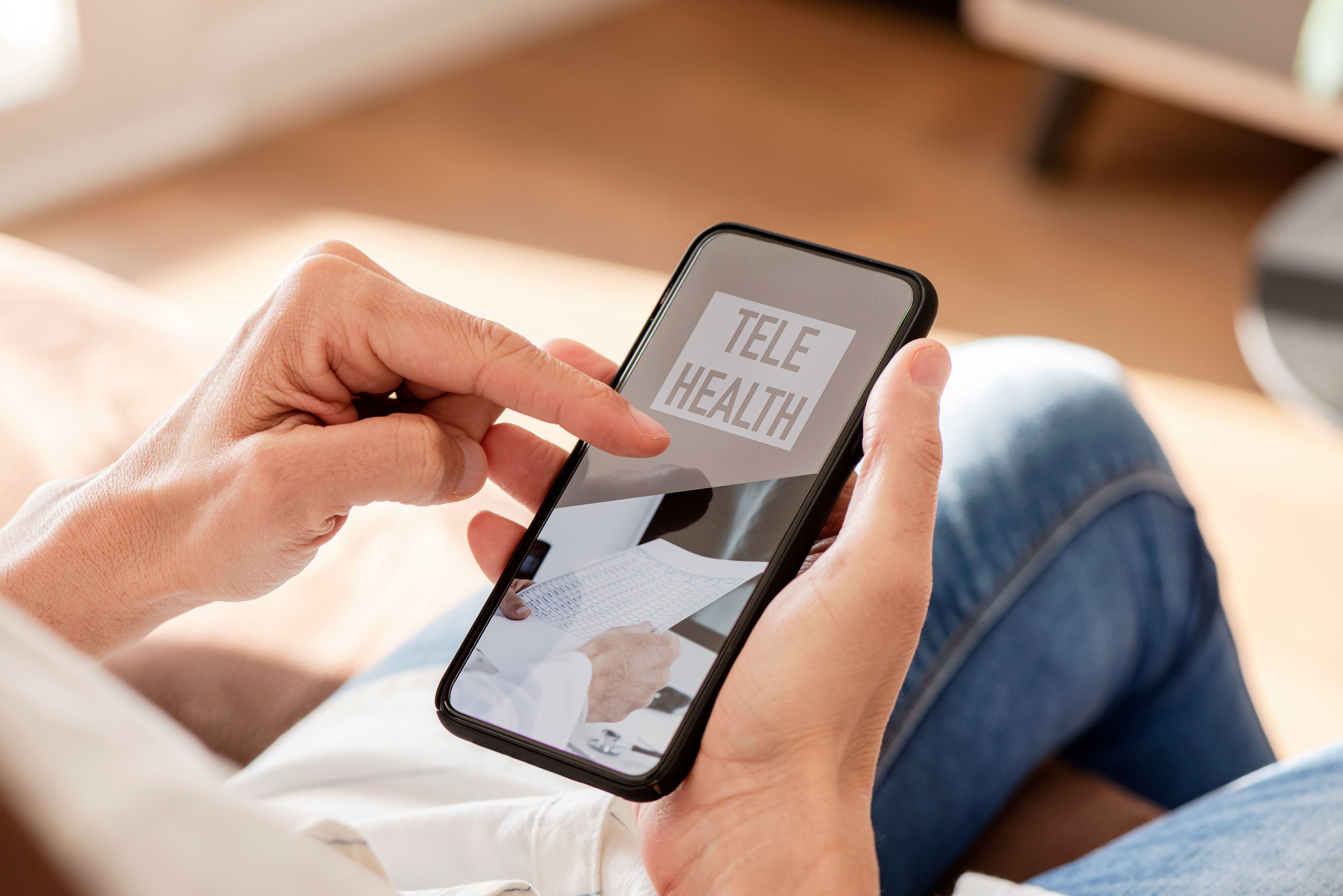News
Article
Rural Populations Have More No-Shows for Telehealth Behavioral Health Services
Author(s):
Many living in lower-income rural populations face significant unmet social needs that can bar access to important mental health services.
Patients in rural, lower-income areas are more likely to miss an appointment for behavioral health services if it’s conducted via telehealth compared to in-person, according to new research from JAMA Network Open. The percentage of missed appointments among patients who made a telehealth appointment was 17% compared to 13% among patients who made an in-person appointment, suggesting that telehealth may impact timely delivery of care and an inefficient use of health care resources, according to the study.
Credit: nito - stock.adobe.com

“Telehealth has generally been considered effective and is widely implemented to treat behavioral health conditions,” the study authors wrote in the article. “[But] it may have unintentionally prompted patients experiencing behavioral health challenges to miss their scheduled appointments at a rate higher than it would have been for in-person care.”
According to the authors, telehealth may prompt a larger number of no-shows because:
- It makes it increasingly difficult to form a therapeutic patient-clinician relationship.
- Telehealth may reduce nonverbal cues and psychological support.
- Technological difficulties may discourage use of telehealth services.
Because of the COVID-19 pandemic, the use of telehealth expanded worldwide. Despite its increasing popularity—or rather its necessity during the pandemic—limited research exists to compare the impact of low-income patients in rural settings who miss telehealth versus in-person appointments at behavioral health clinics.
Using data from the electronic health record (EHR), investigators aimed to answer this question by comparing patient use of telehealth (treated group) versus in-person (control group) behavioral health services.
They conducted a retrospective analysis using data from 9715 appointments, counting 3318 in-person appointments versus 6397 telehealth appointments, which were scheduled in outpatient behavioral health clinics between May 1, 2022, and January 31, 2023, in rural Louisiana.
The team also adjusted for gender, age, primary reason for seeking service (mental health, substance use, etc.), health insurance, residence type marital status, employment status, and source of referral.
This study does contain some key limitations. First, by highlighting behavioral health clinics in rural areas, investigators may be limiting the generalizability of findings to communities in different geographical regions or with different socioeconomic status. In addition, this study population had unmet social needs (i.e., internet connectivity) that inhibit access to behavioral health clinic services.
“These results suggest that, although telehealth was widely implemented after the beginning of the COVID-19 pandemic to limit the spread of the virus, it may have unintentionally prompted patients experiencing behavioral health challenges to miss their scheduled appointments at a rate higher than it would have been for in-person care,” the study authors wrote. “Although the reasons behind no-shows can be multifaceted, difficulty in establishing a therapeutic patient-clinician relationship, loss of nonverbal cues and psychological support, and unfamiliarity with the use of technology may discourage patients from attending telehealth sessions for mental health.”
Notably, 19% of the patient population experienced unmet social needs. These took the form of limited private residential space; internet accessibility; access to a sufficient data plan; and stable income.
Based on their findings, the team suggests mitigating no-shows by addressing unmet social needs, which can be accomplished with programs that either incentivize attendance, enable patients to have more appointment flexibility, or send reminders prior to appointment date and time.
“Knowledge about no-shows is critical to inform health care institutions for effective management of resources and better health outcomes,” the study authors wrote in the article.
Reference
Bhatta D, Sizer M, Acharya B. Association Between Telehealth and Missed Appointments Among Patients Experiencing Behavioral Health Challenges. JAMA Netw Open. 2023;6(7):e2324252. doi:10.1001/jamanetworkopen.2023.24252
Newsletter
Stay informed on drug updates, treatment guidelines, and pharmacy practice trends—subscribe to Pharmacy Times for weekly clinical insights.





